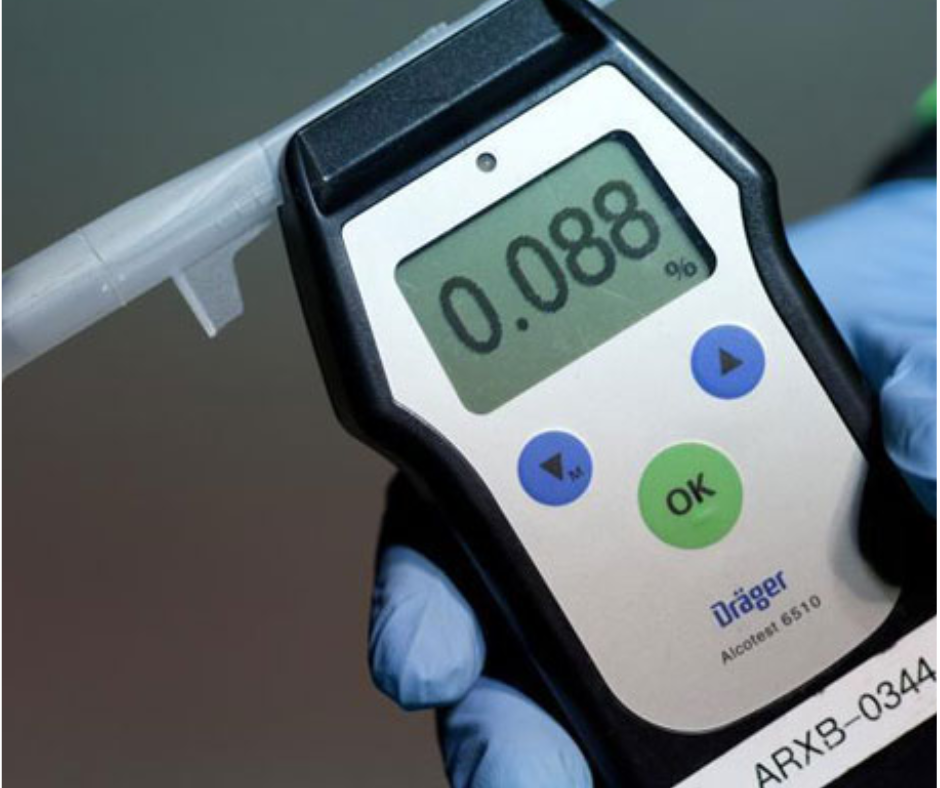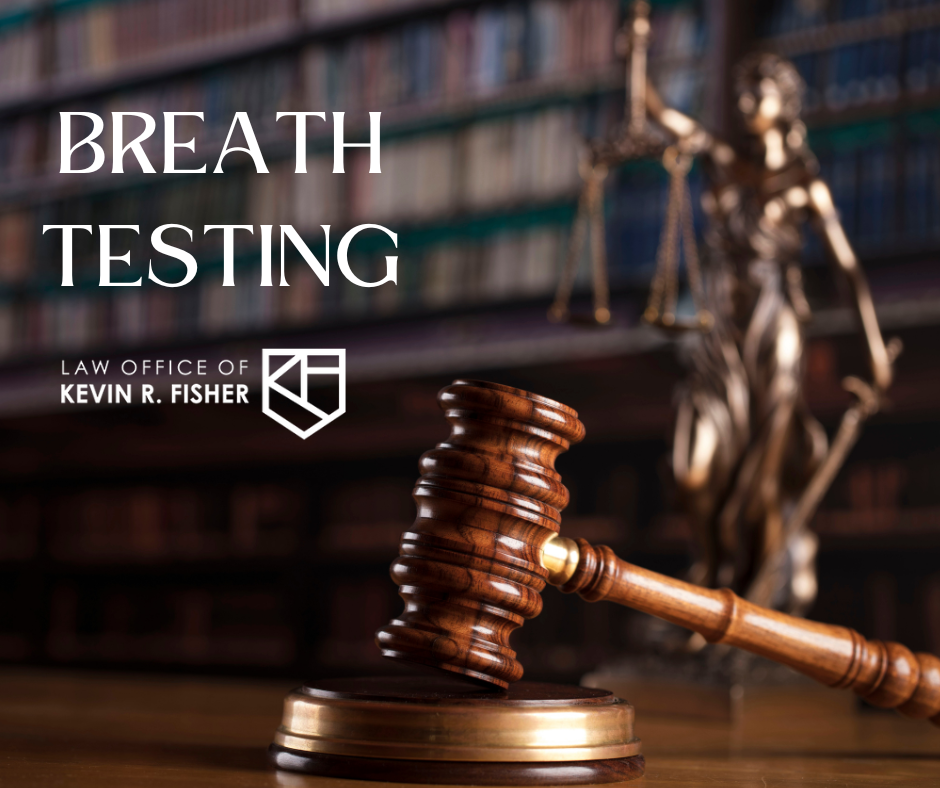Breath tests are one of several ways – including urine, blood, and field sobriety tests –that a police officer can check to see if a driver is driving under the influence. Georgia law treats chemical tests – or blood, urine, and breath tests – differently than field sobriety tests. Keep reading to learn more about blood tests, whether you can decline a breath test, and why you need a lawyer in cases involving breath tests.
What is a breath test?
In Georgia, the breath testing process typically involves using a breathalyzer machine, which measures the alcohol content in a person’s breath to estimate their blood alcohol concentration (BAC). The procedure is usually carried out at the police station or another designated location shortly after a DUI arrest.

Can you refuse a breath test in Georgia?
Implied consent to chemical tests is a state law that all drivers agree to recognize after earning their driver’s license. Under O.C.G.A. § 40-5-55, any person who drives a motor vehicle on the highways or roadways throughout the state of Georgia gives consent to a chemical test or tests of their blood, breath, urine, or other bodily substances to determine the presence of alcohol or any other drug in their system.
What happens if you refuse a breath test?
Unlike field sobriety tests–which drivers can refuse–a driver who refuses to submit to a chemical test such as a breath test can have their license automatically suspended for at least one year by the arresting officer.
This means if a driver exercises their right to refuse to do a field sobriety test or submit to a breathalyzer when an officer pulls them over, it does not mean they are automatically free to go. The driver can still be arrested for a DUI if the responding officer suspects the driver is intoxicated. Then, the officer can ask that the driver complete a breath test rather than the field sobriety test.
If the breath test shows a BAC greater than the legal driving alcohol limit of .08, the driver will be charged with a DUI if they are over 21. The driver will face criminal charges for being accused of a DUI and will have a case with the Department of Driver Services that they will have to resolve to obtain their license again.
Defenses
As a criminal defendant facing DUI charges based on breath test results, several defenses can be used to challenge the evidence:
- Rising Blood Alcohol: Your BAC may have been below the legal limit while driving, but it increased by the time of the breath test. This phenomenon, known as “rising blood alcohol,” is a recognized defense that can cast doubt on the accuracy of the breath test.
- Mouth-Alcohol Contamination: Residual alcohol in the mouth, such as from recent alcohol consumption or the use of mouthwash, can artificially inflate breath test results. This contamination can be challenged as a potential source of error.
- Medical Conditions and Medications: Certain conditions and medications can affect breathalyzer results, leading to falsely elevated BAC readings.
- Officer Error: Law enforcement officers must follow strict protocols when administering breath tests. Any deviations or mistakes in the testing process can be used to challenge the accuracy and validity of the results.
Why do you need a lawyer if you submit to breath test?
Having a DUI on your driving record can result in license suspension, fines, jail time, and more. If you are charged with a DUI after submitting to a breath test, a criminal defense attorney can challenge the accuracy of the test. False readings for breath tests can happen based on many factors such as improper handling of the testing equipment, medications, and more. It is crucial that you have a criminal defense attorney on your side to avoid the negative legal consequences of a DUI.
Have questions? Give me a call.
Navigating the criminal legal system can be confusing. I have decades of experience fighting for clients at all stages of their cases, including clients subjected to breath testing after being suspected of driving under the influence. I know the players in the Georgia criminal court, and I am here to help you throughout the life of your case. If you have questions about breath testing or legal questions, give me a call today!

